As part of European Researchers’ Night, each year VA (Public & Science) coordinates a citizen science project that involves schools and the general public across the whole of Sweden.
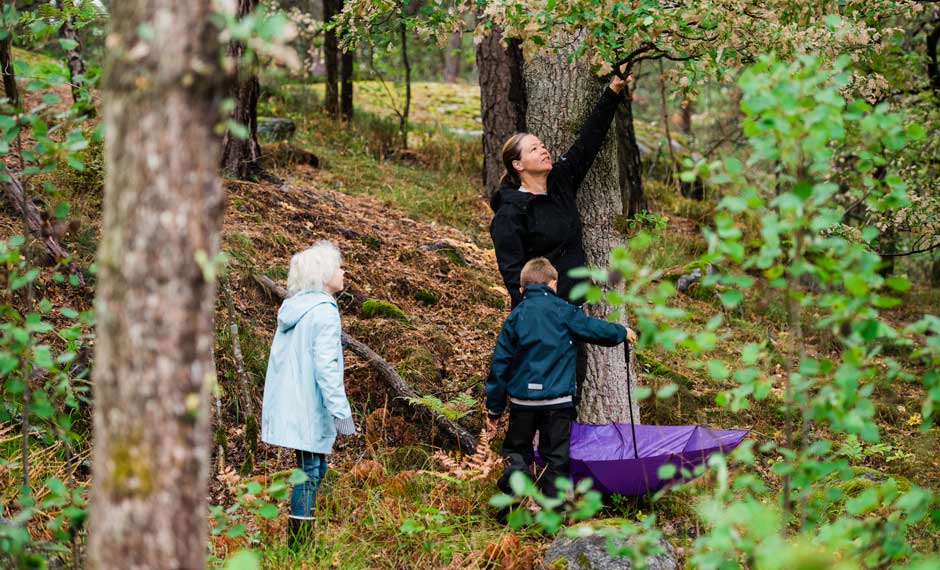
Every year, thousands of Swedish pupils of all ages and the interested public get the opportunity to participate in real research. They are involved in helping researchers gather huge amounts of data in a citizen science project. These so-called mass experiments are of mutual benefit; the researchers get more data than they could otherwise easily collect, the pupils and the participators get the opportunity to participate in real research, and teachers get material and methods based upon state-of-the-art research to integrate into the curriculum.
VA (Public & Science) coordinates the mass experiments as part of the European science festival, European Researchers’ Night. Schools and the public from across the whole of Sweden are involved.
The mass experiments efficiently link education to research, establishing valuable contacts with researchers and giving students insights into research methods and scientific thinking.
VA helps the researcher to design an experiment whereby students gather data guided by their teacher. Research projects are also selected according to how well they fit into the curriculum. Instructions and teachers’ manuals are jointly developed by the researcher and VA, and researchers also communicate directly with individual teachers and students using Twitter, Facebook and Instagram.
We have been running mass experiments since 2009.
Examples of our most recent mass experiments:
- 2016 The Notice Board mass examined the function of the physical notice board in the digital age and won an Open Knowledge Award for Best Open Science Initiative.
- 2017 The News Evaluator Experiment on source criticism investigated the type of news in young people’s online news feeds.
- 2018 The Ladybird Experiment combined ladybird monitoring with artificial intelligence to learn more about biodiversity.
- 2019 The Star-Spotting Experiment investigated light pollution at a local level across Sweden, and also in Ireland, UK and Spain.
- 2020 The Food Waste Experiment investigated whether more information can result in less food being wasted. Here, pupils used an artificial intelligence app and the world’s largest food sustainability database.
- 2021 The Housing Experiment investigated how accessible Swedish homes are for an ageing population.
- 2022 & 2023 The Plastic Experiment investigated plastic waste found in the Swedish natural environment.
- 2024 What do the school walls say? is investigating the messages found on the walls of Swedish schools.
Latest about the mass experiment:
Findings from Sweden’s largest plastic waste experiment now available
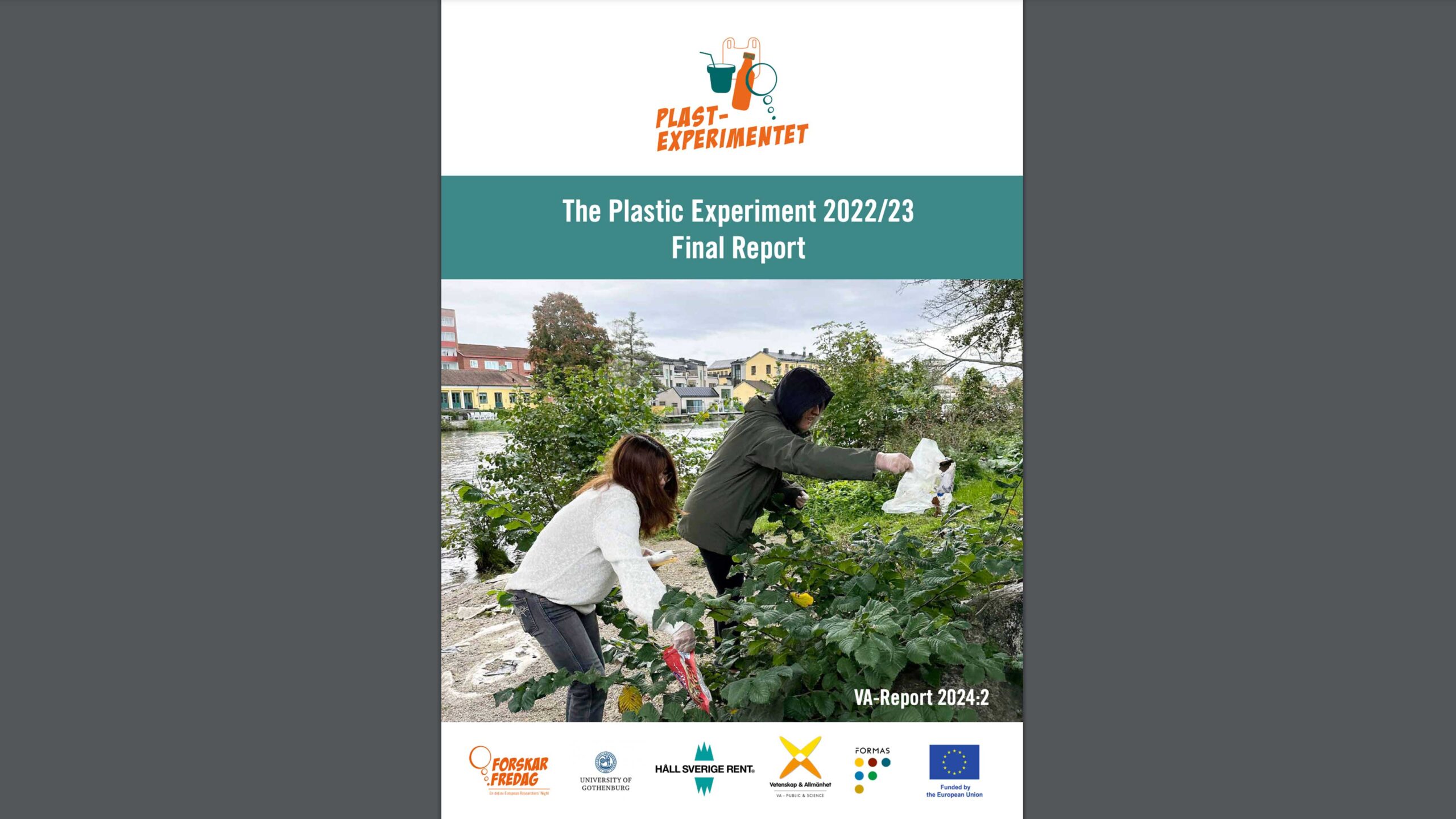
The Plastic Experiment is a nationwide Citizen Science project in which Keep Sweden Tidy Foundation, Public & Science Sweden and the University of Gothenburg have been working together to investigate… Läs mer
Most plastic litter found on beaches reveals Swedish citizen science project
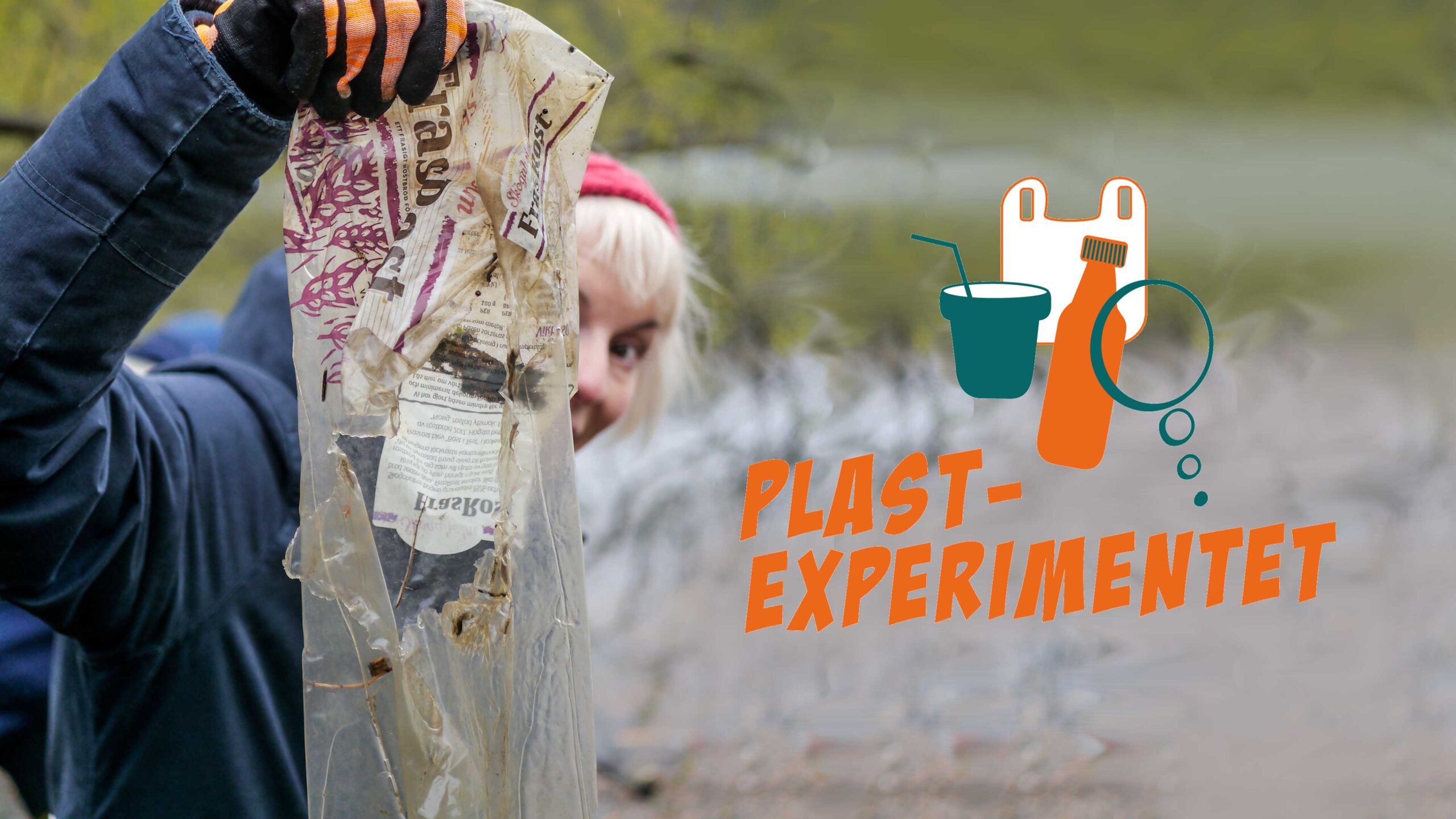
The first report of the Plastic Experiment, a citizen science project involving young people and members of the public from across Sweden, has now been published. The most plastic litter… Läs mer
Physical barriers common in Swedish homes reveals new study involving senior citizens and school pupils.

Steps up to the front door and nothing to hold onto next to the toilet. These are common problems for those with mobility issues, according to a new Swedish study… Läs mer
Skapad:
2022-10-28Uppdaterad:
2024-01-11Kategorier:
European Researchers' Night, housing experiment, Mass experimentWhole of Sweden invited to help research plastic pollution
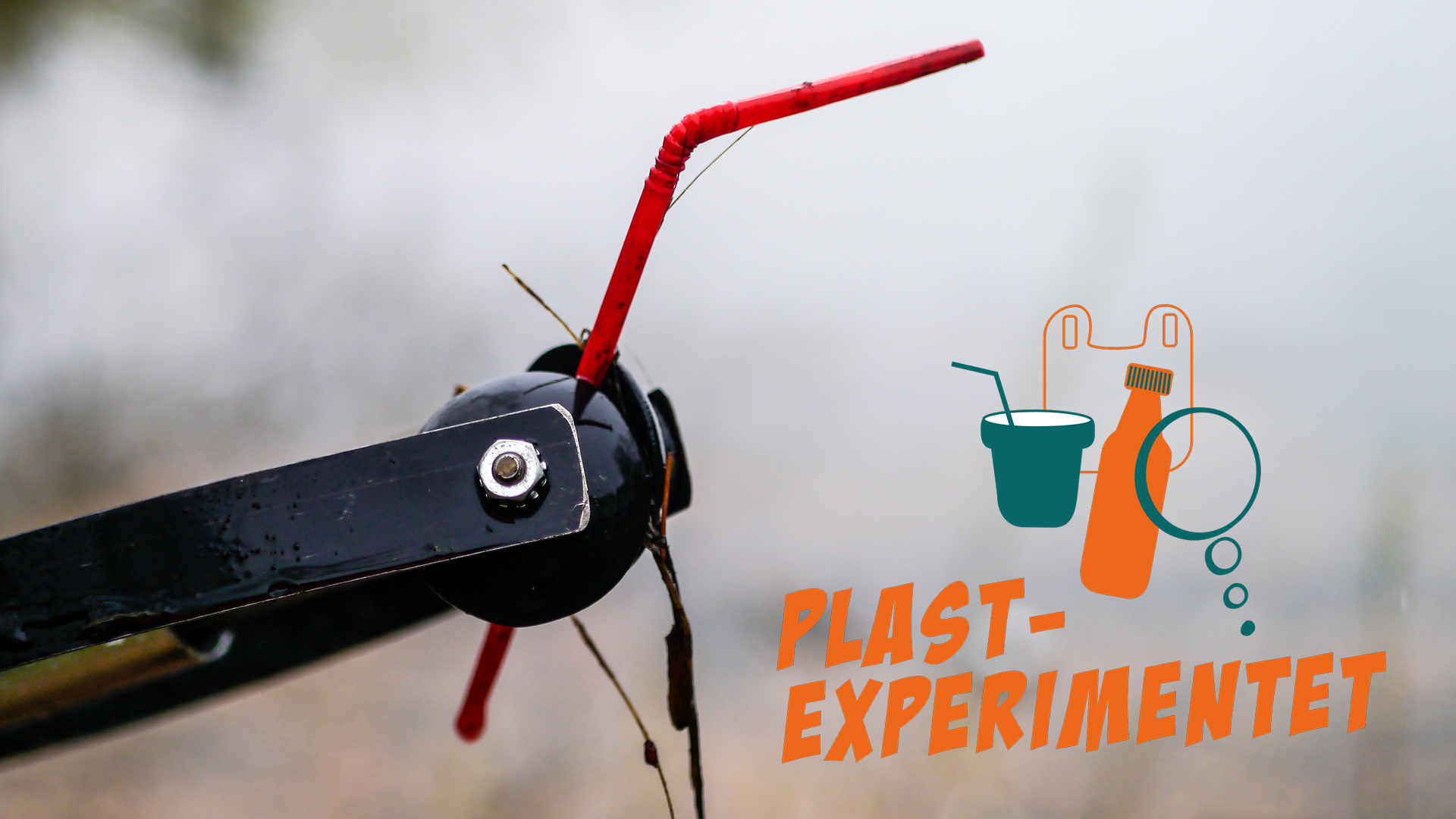
The Plastic Experiment is part of ForskarFredag, European Researchers’ Night in Sweden, and is being run by VA in collaboration with the Keep Sweden Tidy Foundation and the University of… Läs mer
Swedish school pupils help log 19,000 items of plastic litter in nationwide citizen science project
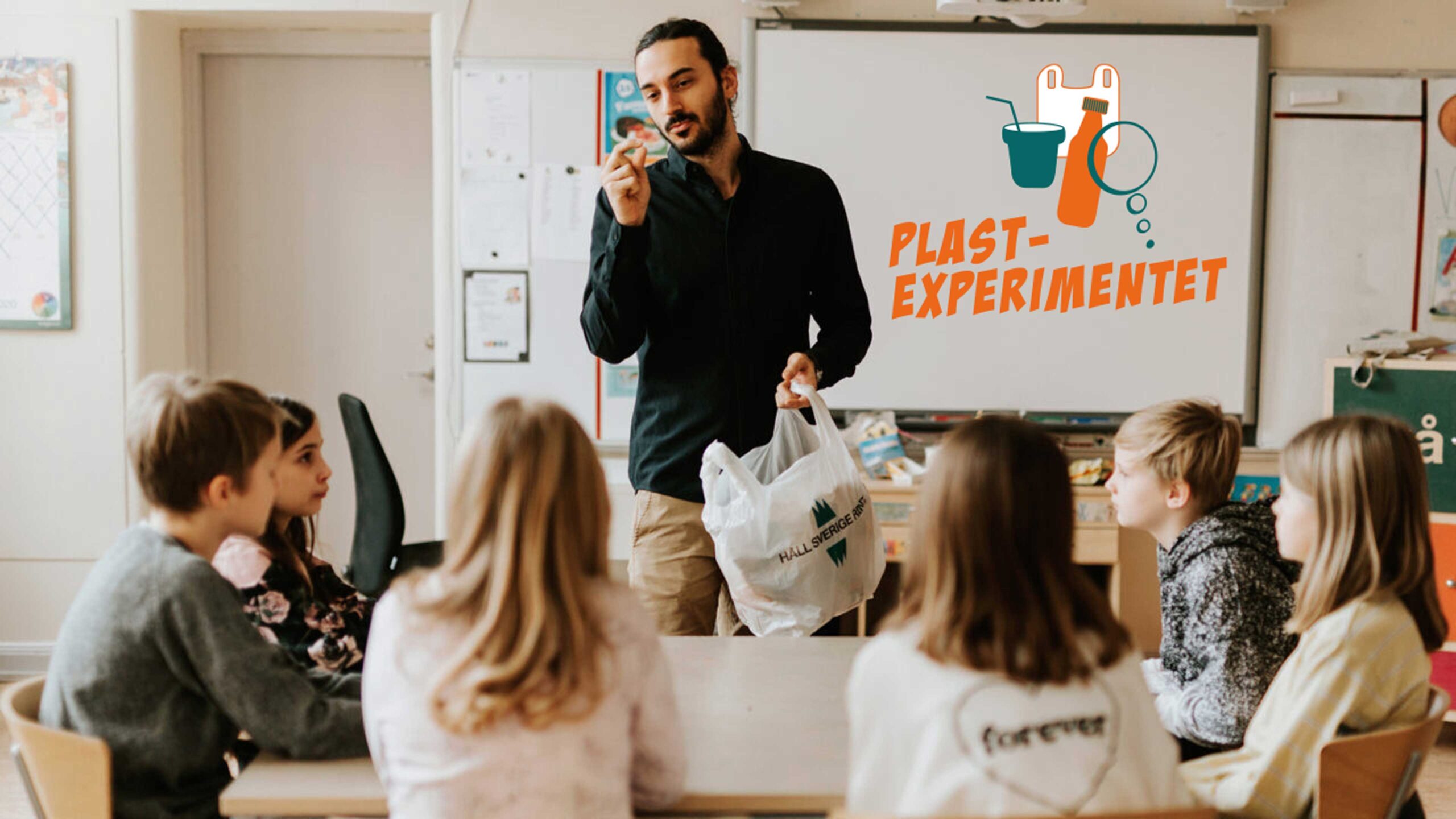
Plastic litter in the oceans has major consequences for humans, plants and animals, but it is a problem that starts on land. In the Plastic Experiment, school pupils are helping… Läs mer
